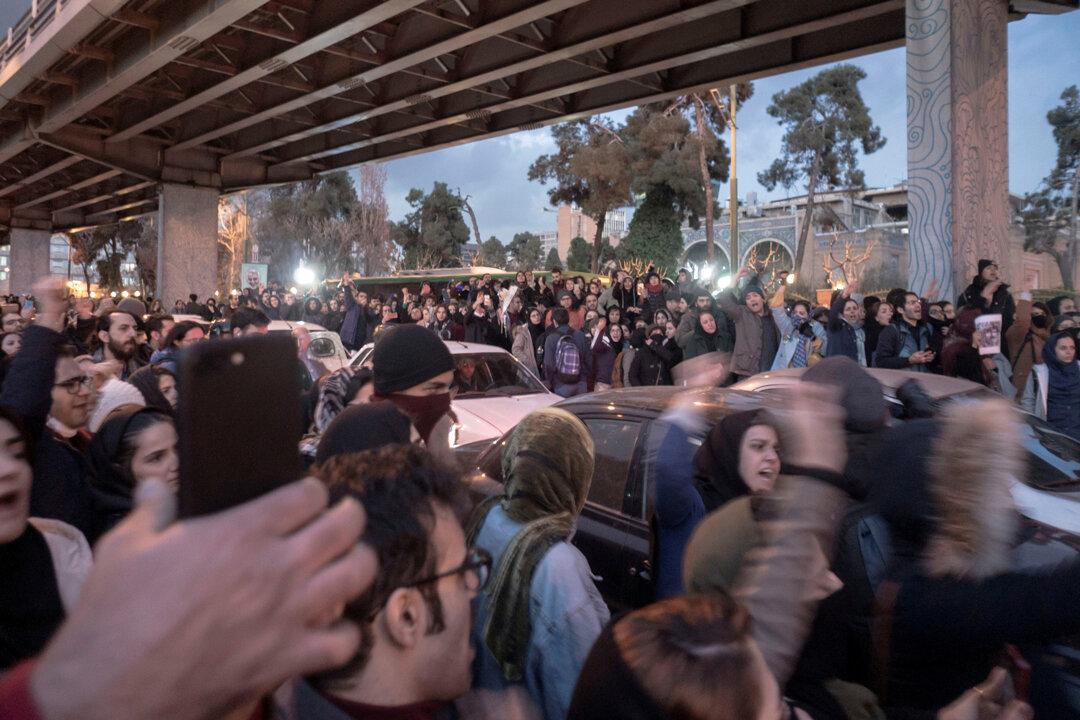WASHINGTON—The U.S. State Department said on Saturday it had imposed sanctions on a general of Iran’s Islamic Revolutionary Guard Corps who commanded units blamed for a massacre of protesters in November.
The U.S. State Department has said previously it had received videos of the Revolutionary Guards opening fire without warning on protesters in Mahshahr county in southwest Iran.





